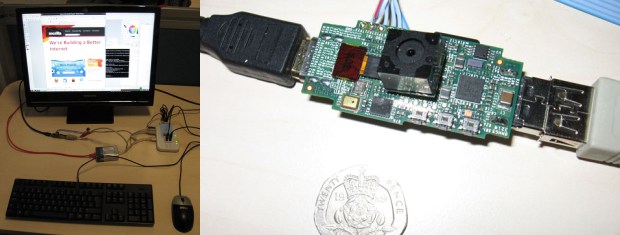Like most 16-year-olds, Renee’s world is in her bedroom. She hangs out here with her friends, and spends hours on her computer. But Renee isn’t just sending e-mails or surfing the web aimlessly. She’s running a highly profitable Internet business from here, one she says has earned her as much as $2,000 a month. But what’s she’s doing in her bedroom would make a lot of mothers blush. Renee is a “Cam Girl” – just one of hundreds of young girls who compete for attention on the Web by putting webcam photos and videos of themselves online. – Odd Line
This is the true story of girls, teenage girls who make much more money than many people in Kenya to do “teen modelling”. Basically, you have young pretty girls whose pictures and videos of themselves in various places and in various outfits (sometimes near pornographic) can be found on some website. Then, people pay $15 – $25 per month for access to these pictures and videos. Interesting?
Click here to read all about it. Can you imagine a teenage girl making Kshs 180,000/- a month for just ‘teen modelling’?? Keep in mind that there is nothing explicitly pornographic. How much money do you make a month?
If American and European girls can do this. can Kenyan girls achieve the same success? More importantly, is this kind of work ethically correct? What do you think, dear readers?
